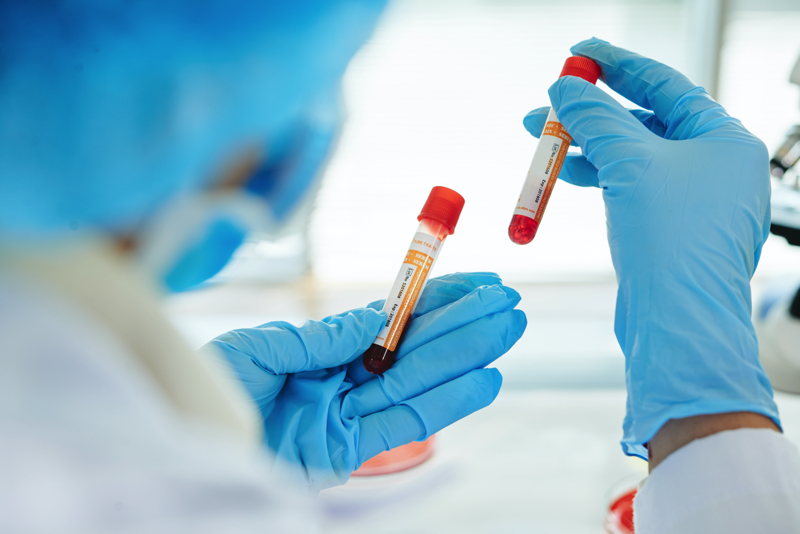
31 Dec Blood Test for Alzheimer’s up to 94% Accurate
New tests can detect dementia years before any outward signs appear.
Early brain changes due to Alzheimer’s disease may soon be detected with a simple blood draw in your doctor’s office, according to researchers. Doctors have been hoping for such a test for years — one that providers can administer in the office at a reasonable cost. They have been searching for an alternative to the $4,000 PET brain scan currently in use.
“We need something quicker and dirtier. It doesn’t have to be perfect” to be useful for screening, said Maria Carrillo, the Alzheimer’s Association’s chief science officer.
Dr. Richard Hodes, director of the National Institute on Aging, said that currently the best use for the tests was in research because analysts can select and monitor people in much larger numbers than was possible previously for federally funded studies.
“In the past year, we’ve seen a dramatic acceleration in progress” on these tests, he said. “This has happened at a pace that is far faster than any of us would have expected.”
Alzheimer’s Prevalence
Alzheimer’s is the most common form of dementia, which about 50 million people have worldwide. There is no cure, despite a massive effort to find one from dozens of research groups. One hypothesis is that too much brain damage had already occurred in past test subjects, and it was too late for them to get better. Another problem has been that people were enrolled in research groups who had issues other than Alzheimer’s, because the disease has been difficult to diagnose.
Research Specifics
The latest research, published in Neurology, uses mass spectrometry to measure two forms of amyloid protein in the blood: amyloid beta 42 and amyloid beta 40. All but 10 of the 158 study participants were cognitively normal, and each provided a PET brain scan used to detect Alzheimer’s. Scientists designated the blood sample and PET scan amyloid positive or negative, and the scan and bloodwork agreed 88% of the time. That was very good, but not accurate enough for clinical diagnosis.
Researchers decided to incorporate several known risk factors for Alzheimer’s. The risk of developing the disease doubles every five years after age 65, making age the biggest factor. Some people carry a genetic variant dubbed APOE4, raising their risk three- to fivefold. And sex is a factor, since two out of three patients are women.
When all of these factors were accounted for in the analysis, the accuracy of the blood test raised to 94%, with age and genetic status accounting for all of the improvement.
“Sex did affect the amyloid beta ratio, but not enough to change whether people were classified as amyloid positive or amyloid negative, so including it didn’t improve the accuracy of the analysis,” says first author Suzanne Schindler, an assistant professor of neurology.
Another factor in the improved percentage was that scientists had initially labeled some blood results as false positives when the PET scan didn’t detect any disease. However, some of these people tested positive on subsequent scans taken an average of four years later. Far from being wrong, the blood test had been able to identify those with Alzheimer’s that the esteemed brain scan had missed.
Clumps of damaging amyloid beta protein begin to form in the brain up to two decades before outward signs of the disease appear. Scientists can detect the level of the protein in blood and use that information to predict if it is accumulating in the brain.
A handful of research groups around the globe have recently reported similar success. Though the techniques vary slightly, all of the groups are reporting high accuracy and earlier diagnosis.
“Everyone’s finding the same thing … the results are remarkably similar across countries, across techniques,” said Dr. Randall Bateman of Washington University School of Medicine in St. Louis, whose work is supported by the U.S. government and the Alzheimer’s Association. He guesses a screening test could be ready as soon as three years from now.
What good is a blood test if there’s no cure for the disease, you may ask. Plenty, according to researchers.
“What people want most of all is a diagnosis” if they’re having symptoms, said Jonathan Schott of University College London. “What we don’t like is not knowing what’s going on.”




Sorry, the comment form is closed at this time.